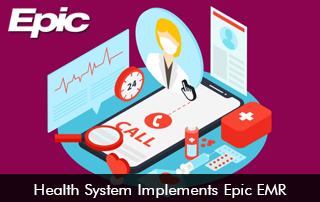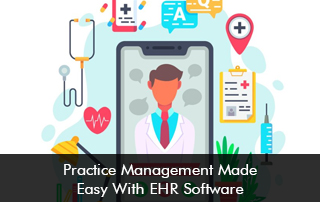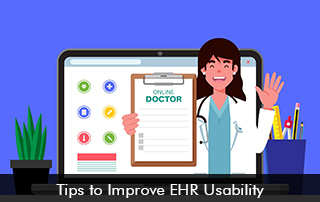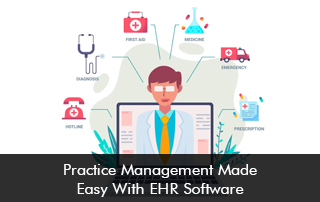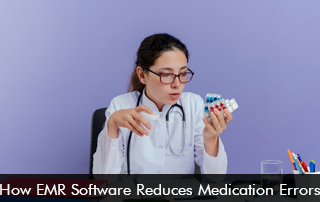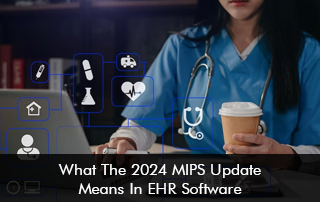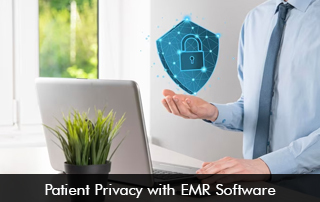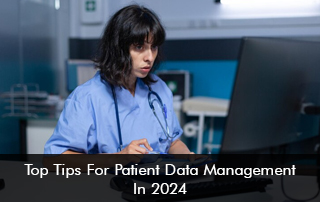Health System Implements Epic EMR
Tidelands Health is tapping the robust Epic EMR Software solution to drive interoperability for seamless data exchange and care coordination. The comprehensive Epic Systems platform will replace the disparate various health IT systems that were leading to inefficiencies. The transition to the new Epic Software will take happen on 2nd March 2024. The Goal of [...]


